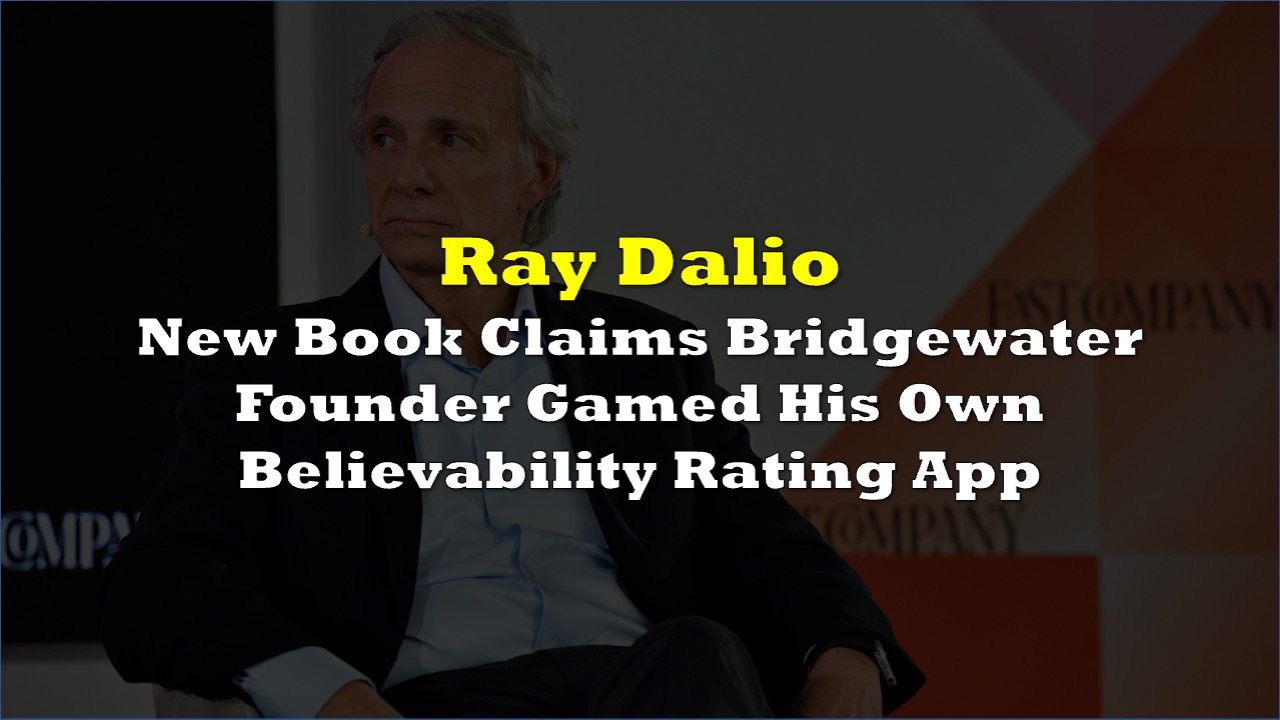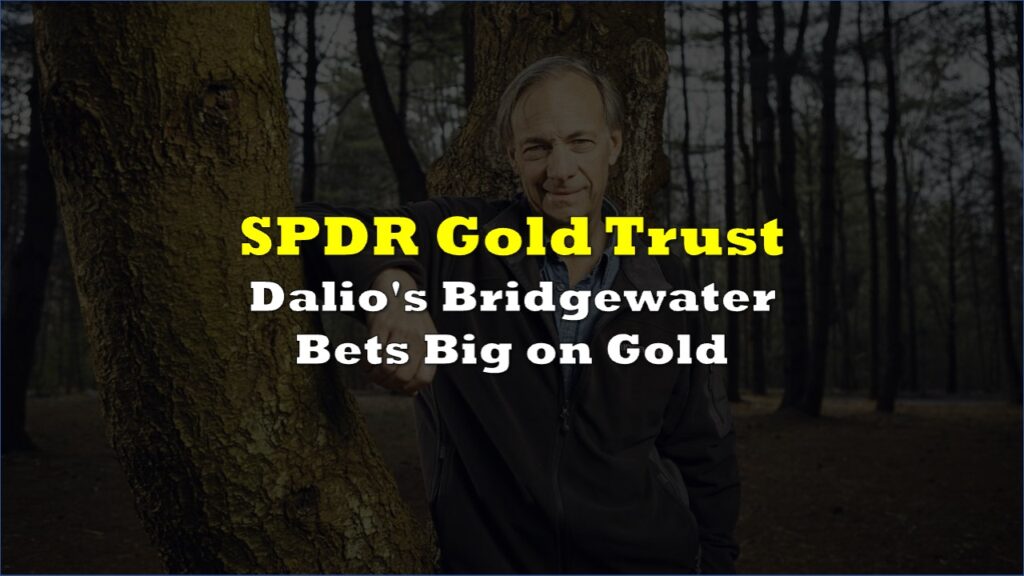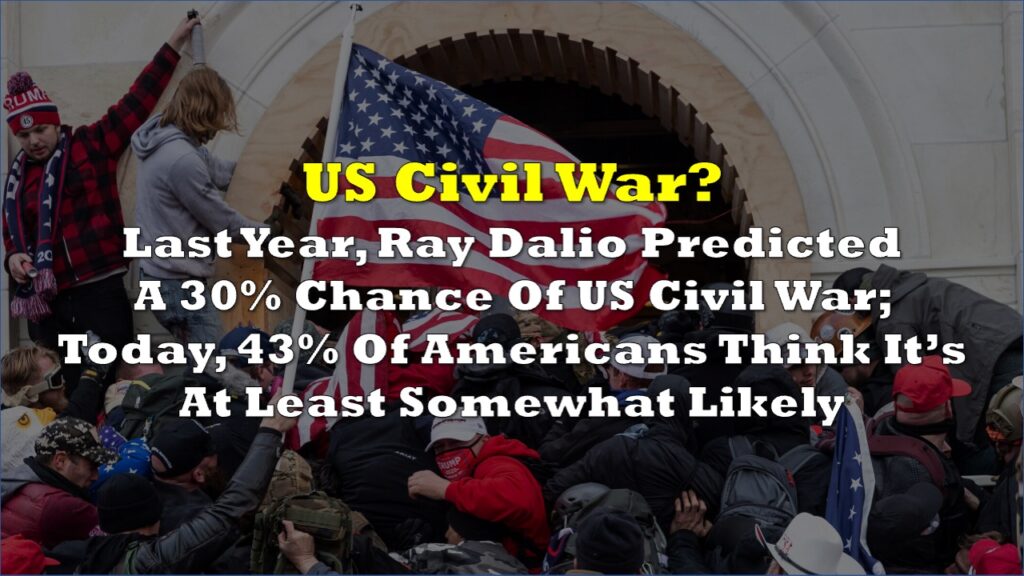Ray Dalio, founder of Bridgewater Associates, the largest hedge fund in the world, isn’t too happy about the new tell-all book about him written by New York Times reporter Rob Copeland. He’s so displeased about it, actually, that his attorneys attempted to stop its publication.
It’s understandable because the biography, called The Fund: Ray Dalio, Bridgewater Associates, and the Unraveling of a Wall Street Legend, strips Dalio — who’s compared himself to the Dalai Lama and has spent the last few decades building his image — to expose the egomaniac behind the legend.
In one instance, Copeland talks about the Bridgewater app that measured the employees’ “believability.” This app asked employees to rank one another based on who was most trusted to make decisions on certain matters. The app was working and had started to show its potential in identifying talent across the company.
But there was a huge problem: two employees ranked higher than him. This did not reportedly sit well with Dalio, who believed that the believability rankings should cascade from him. The solution: program the app to add a new rule that makes Dalio the baseline, thus making his rating “numerically bulletproof to negative feedback,” Copeland says.
Incredible display of Ray Dalio's PRINCIPLES:
— BuccoCapital Guy (@buccocapital) November 8, 2023
1.) Ray Dalio builds app for ranking employee believability at Bridgewater
2.) Other employees rank as more believable than him
3.) Forces devs to auto-rank him as most believable pic.twitter.com/Z276T8x7Pb
This is just one of the instances highlighted in the book. Copeland also writes about how sexual harassment — some Dalio allegedly had knowledge of — would allegedly be swept under the rug, how employees were fired on a whim, and how ‘radical transparency,’ one of Dalio’s ‘principles,’ fostered paranoia.
In a statement that was posted on LinkedIn, Dalio dismissed the book as “another one of those sensational and inaccurate tabloid books written to sell books to people who like gossip.” He also attempted to discredit Copeland by saying that he applied for a job at Bridgewater but was rejected, and pointed out that “in fact, the author states in the preface that the book is filled with made-up dialogue.”
In the book, Copeland writes about how he did apply for a job at the hedge fund in two instances: the first was very early in his career when it was one of many simultaneous applications, and the second about two years later, when a recruiter reached out to him only for him to withdraw from the application process partway through.
Contrary to Dalio’s claims, there was nothing in the preface about “made-up dialogue.” There is, instead, this line: “In some instances, the dialogue in this book comes directly from the subject; in others, it is from others in the room, or people briefed afterward.”
Dalio’s attorneys may have to send more letters as Copeland’s version of the hedge fund legend’s story might just be turned into a TV series as Amazon Studios has already picked up the rights for it.
Information for this story was found via the sources and companies mentioned. The author has no securities or affiliations related to the organizations discussed. Not a recommendation to buy or sell. Always do additional research and consult a professional before purchasing a security. The author holds no licenses.









